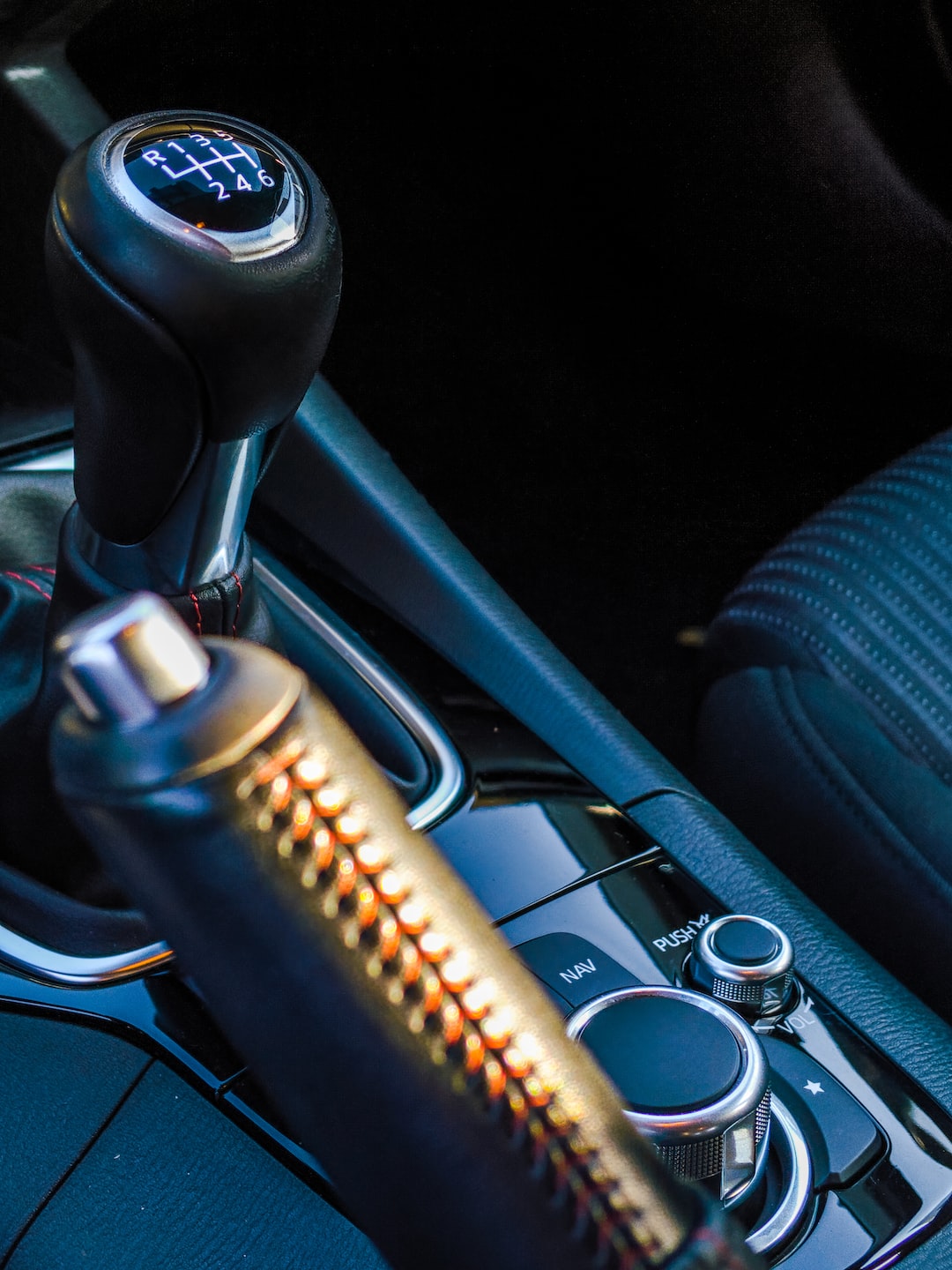Tips to Save Fuel and Money: Efficient Driving Habits
With the rising costs of fuel and the growing concern for the environment, it has become more important than ever to adopt efficient driving habits that not only save fuel but also save you money. By making a few simple changes to your driving style, you can extensively decrease your fuel consumption and reduce your carbon footprint. Here are some key tips to help you drive more efficiently and cost-effectively.
1. Avoid aggressive driving: Aggressive driving habits such as rapid acceleration, excessive speeding, and hard braking not only waste fuel but also put you and others at risk. Instead, practice smooth and gradual acceleration, maintain a steady speed, and anticipate traffic flow to avoid unnecessary stops or sudden braking. By doing so, you can significantly improve your fuel efficiency and avoid wear and tear on your vehicle’s components.
2. Drive at steady speeds: When driving on highways or freeways, maintaining a consistent speed within the posted speed limit is the most fuel-efficient way to travel. Every time you increase or decrease your speed, your vehicle uses more fuel to regain momentum. Utilize cruise control whenever possible to keep a constant speed and maximize fuel efficiency.
3. Avoid idling: Idling is one of the most common practices that waste fuel unnecessarily. Turn off your engine when sitting in traffic jams, waiting for someone, or when parked for an extended period. Restarting your vehicle uses less fuel than idling for more than 10 seconds, so it’s beneficial to switch off the engine when you know you’ll be stationary for a while.
4. Plan your trips and consolidate errands: By planning your trips efficiently and consolidating multiple errands into one outing, you can reduce the distance covered and minimize unnecessary fuel consumption. Choose the most direct routes and travel during off-peak hours to avoid heavy traffic congestion, which can lead to wasted fuel.
5. Reduce vehicle weight and drag: Reduce excess weight in your vehicle by removing unnecessary items from your trunk or backseat. The extra weight puts strain on your engine and decreases fuel efficiency. Additionally, avoid attaching roof racks, cargo carriers, or bike racks when not in use, as they create drag and increase air resistance, thereby reducing your vehicle’s fuel economy.
6. Keep up with regular vehicle maintenance: Regular maintenance, such as timely oil changes, air filter replacements, and proper tire inflation, plays a crucial role in fuel efficiency. Keeping your engine in good condition and ensuring your tires are properly inflated can improve your gas mileage by up to 3%. Regular maintenance not only saves fuel but also extends the life of your vehicle.
7. Use your air conditioning wisely: Using the air conditioning in your vehicle can increase fuel consumption by up to 20%. To save fuel and make your driving more efficient, use your air conditioning sparingly. Instead, roll down the windows or use the vehicle’s vents to cool you down.
8. Choose the right gas station: When refueling, choose a reputable gas station that pumps high-quality fuel. The quality of fuel can affect your car’s performance and fuel efficiency. Look for stations that have a good reputation and regularly maintain their pumps to ensure clean fuel delivery.
9. Explore alternatives: Consider alternative modes of transportation for short distances or when feasible. Bicycles, public transportation, or even walking can be cost-effective and environmentally friendly alternatives that use little to no fuel. By choosing these alternatives, you not only save money but also reduce traffic congestion and contribute to a healthier planet.
Incorporating these efficient driving habits into your daily routine not only saves fuel and money but also promotes a greener and more sustainable lifestyle. By becoming aware of your driving habits and making small changes, you will not only enjoy the benefits of reduced fuel expenses but also contribute to a cleaner and healthier environment for future generations. Start implementing these tips today and embark on a journey towards fuel-efficient and cost-effective driving.


